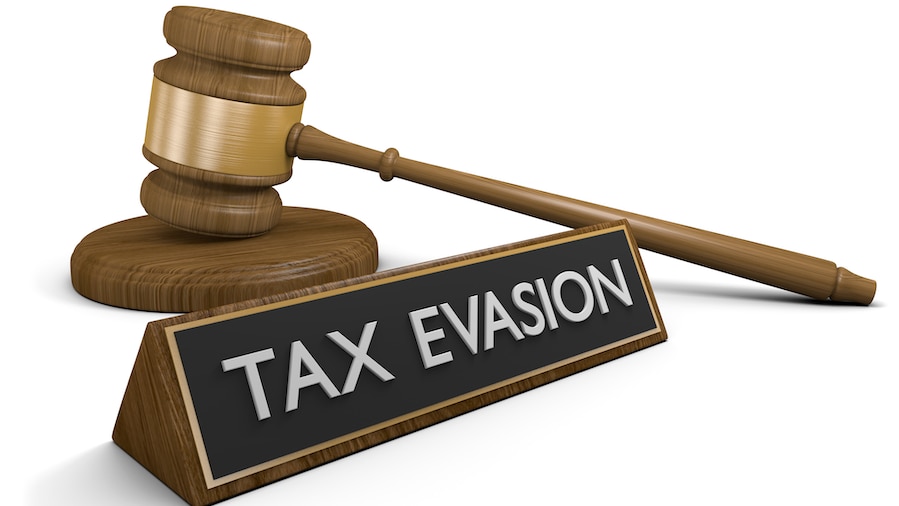For tax professionals, concepts such as taxable income and gross wages are as familiar as right, left, up and down. But, as I learned when I spent two years at a tax preparation service in rural New Mexico, those terms might as well be in a foreign language for a sizable portion of our neighbors. My boss, overhearing me trying to explain the lines on a client’s tax return, told me later to simplify things: all the taxpayer wanted to know was how much money they made and how much they were getting back.
Sadly, many business owners get in trouble with the IRS because they never got the financial education they needed. That was the case with Richard Mathews, who got in trouble for not including all of his income on tax returns for 2004 through 2008. That trouble included a stint in jail for tax evasion.
As described in this recent U.S. tax court case, he managed to get off the hook for $40,182 in taxes and penalties assessed on his 2007 and 2008 returns. The judge determined that he was incapable of fraudulent intent to evade taxes for those years because he was so utterly confused about how income and taxes operate.
Mr. Mathews, who dropped out of school after the 10th grade, worked in, and operated, a number of multi-level marketing companies beginning in the late ‘80s. During the years examined by the IRS, these companies required him to pay out approximately 90 percent of his gross receipts to lower level distributors in his organizations. He was certain he had deductible expenses that covered the remaining 10 percent he received.
For the years in question, Mr. Mathews reported on his Schedule C only the income that was reported to him on 1099s. He excluded all of the gross receipts from the companies he operated himself out of the belief that none of it was taxable. An IRS criminal investigation agent determined through an analysis of his bank deposits that he had underreported his gross Schedule C revenue for 2004 through 2008 by $223,099.
In his dealings with a revenue agent and the criminal investigation agent, he seemed to be concealing income and the truth. For example, when his house was searched, he claimed to have only $20 in cash on hand, but the investigators found two safes containing $13,000 in cash. He had also created a Belize trust, which he believed would exempt him from U.S. tax liabilities for his companies, though it doesn’t appear he did anything with this trust other than pay someone to create it for him.
In 2011, he was indicted for tax evasion and filing false tax returns, and was sentenced to 27 months in prison.
For unknown reasons, the IRS never issued notices of deficiency for 2004 through 2006, and did not issue notices of deficiency for 2007 and 2008 until more than three years had passed from the time Mr. Mathews filed those returns. Normally, the IRS has three years after a return is filed to assess a deficiency. However, if the IRS can prove that income was intentionally understated with a fraudulent intent to evade taxes, the three-year limit vanishes. The entire case for the IRS depended on this fraudulent intent.
At trial, Mr. Mathews conceded he had underreported his income for 2007 and 2008. But, he also appeared to be honest in his complete confusion about how he should have reported his income for those years, and about how to correctly calculate his “taxes owing” for those years.
According to the judge, the IRS was not able to conclusively prove that Mr. Mathews had fraudulent intent when he filed his tax returns and understated his taxable income. Since the statute of limitations expired, the judge determined that Mr. Mathews wasn’t liable for the additional tax and penalties assessed for 2007 and 2008.
Admittedly, this is an extreme case of financial illiteracy. Even though Mr. Mathew’s ignorance about taxes resulted in a positive outcome for him, this should serve as a reminder of the specialized knowledge that we, as advisors, have, and that many apparently successful people may be lacking.
Are there ways that you can serve your clients and your community to teach them more about taxes, business and finances? The more we share this knowledge with the world, the more prosperous and successful we will all be.
